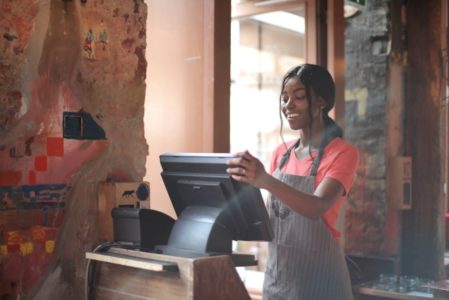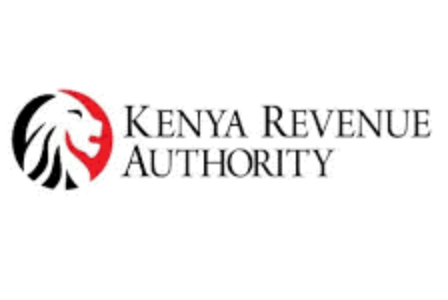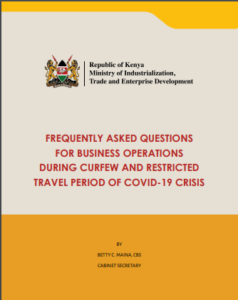Business 4 Good
AmCham Members’ Sustainability Initiatives
Watershed Protection
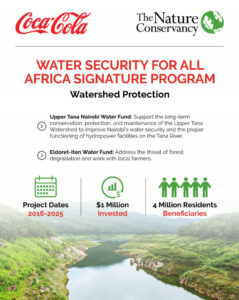
In March 2023, The Coca-Cola Foundation (TCCF) announced a donation of $3m to The Nature Conservancy (TNC) to scale watershed protection work in Kenya, South Africa, and Nigeria. The funding will support provision of water security to millions of Africans as well as enable local communities to achieve significant social and economic benefits by 2025. In Kenya, the program will focus on:
• Upper Tana Nairobi Water Fund: Support the long-term conservation, protection, and maintenance of the Upper Tana Watershed to improve Nairobi’s water security and the proper functioning of hydropower facilities on the Tana River.
• Eldoret-Iten Water Fund: Address the threat of forest degradation and work with local farmers.
The Future of Clean Cooking
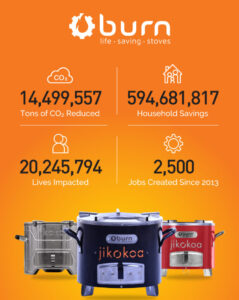
Burn Manufacturing is committed to creating the next generation of biomass cookstoves as well as a new range of electric, hybrid and gas stoves for Sub-Saharan Africa and beyond.
Over the next three years, BURN will enter 6 new countries and launch 5 new products. These stoves are poised to impact 23 million people by 2023.
Food Security
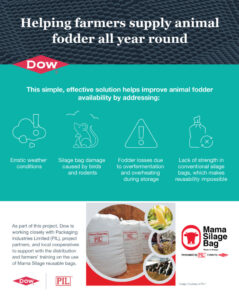
80% of the milk produced in Kenya comes from smallholder dairy farmers, which are family run businesses. Local communities have been urgently seeking a solution to reduce animal feed losses caused by traditional storage methods and increasingly challenging climate conditions.
To help farmers overcome these challenges, Dow and Packaging Industries Limited (PIL) have joined forces. By combining PIL’s vast agricultural experience with Dow’s material science and sustainability expertise, they co-developed Mama Silage Bags.
Thanks to Mama Silage Bag’s innovation, farmers can now better manage their animal feed needs and maximize outputs, resulting in consistency in milk production. With that comes a sustainable income over the whole year, less dependent on seasonal fluctuations.
Combating Desertification
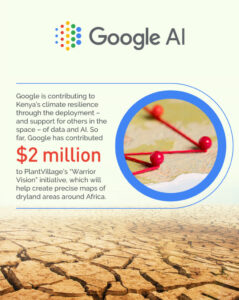
Google is supporting Kenyan communities in arid drylands combat desertification and maintain balanced eco-systems critical for viable livelihoods. Through Google’s AI for Social Good program Google has contributed to $2 million PlantVillage’s “Warrior Vision” initiative, which will help create precise maps of dryland areas, across an area roughly the size of Washington State, using AI-powered smart phones which are connected to a global network of satellites, with the objective of enhancing 1 million hectares of land over a three-year period, targeting invasive plants such as mesquite for removal and conversion into biochar, permanently storing carbon in the soil.
Closing the Climate Data Divide
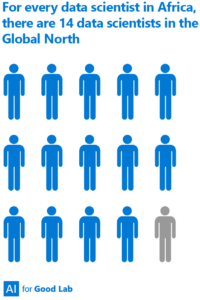
Microsoft’s “AI for Good Research Lab” harnesses the potential of AI, machine learning, and statistical modelling to increase climate resilience across the country’s industries and sectors by providing access to reliable data on the real situation of the country’s ecological health. This data addresses a key requirement of policymakers and climate scientists working to protect Kenya and its population from climate-related adversity.
The Global South has only one data scientist for every fourteen in the Global North, meaning that Africa risks being left behind in the development of data-driven innovation at the grass-roots level. By launching a team of data scientists in Nairobi, Microsoft is working to leverage its “bread and butter” data offering to supply the country’s decision makers with the data they need, thus helping to close the climate data gap.

